What good can workers do in managing businesses? How can we democratize companies in Poland and learn from Spain? — It was wondered at the seminar on 22 October 2024. It was attended by representatives of the government, academic community, employers, trade unions and the Centre for the Support of Councils of Workers of the Institute of civilian Affairs..
The seminar took place in the Sejm, in the conference area of Jack Kuronia. They organized them: European Trade Union Institute (ETUI), Public Affairs Institute (ISP), Coalition Parliamentary Left Club. The main subject was worker participation in management. Speakers and participants discussed the introduction of democratic principles to businesses so that workers would have a real impact on their jobs.
The seminar consisted of 3 panels. The first presented the academic position of democratisation of enterprises, comparing the situation in Poland with the case of Spain and the Czech Republic. The second opened a discussion based on statements from trade unions and employers. The last focused on crucial actions and changes at national and European level.
About the engagement of employees in the management of companies. global Experience
The first panel launched a presentation of the book "Revision of worker representation in management: forgotten EU countries in co-decision research" published by the European Trade Union Institute.
The chapter on Poland was presented by Andrzej Zybała – prof. at the Warsaw School of Economics, while the chapter on Spain was presented by Sara Lafuente, PhD in political discipline and law at the Université Libre de Bruxelles (Free University of Brussels).
Spain is an example of a country that has listened to citizens struggling to work and ig economy — a flexible work model based on short-term contracts and tasks, which replaces a conventional unchangeable occupation based on a contract of employment. Reforms have been introduced on, among others, shortening working time and restrictions on temporary contractsand thus more stableness of employment has been ensured for workers.
The comparison of these solutions with the Polish position showed that changes in our country are besides possible and that in the course of real democratisation of jobs, the needs of workers should be heard by the government.
Prof. Dagmara Focus from the University of Łódź pointed out that in the Nordic countries the process of including workers in the management of workplaces took place under the slogan of democratisation, while in Germany it was supported by economical data on productivity and innovation. She discussed whether in Poland it was essential to justify specified solutions with economical indicators, or whether the thought of democratisation and limiting the power of capital should be a adequate argument: ,... we drift towards participation in the management widely understood, (...) as different forms: information, consultation. In Germany, economical indicators have besides been provided in fresh years to policies on productivity, the impact of participation in the company's bodies on innovation. But do Polish employers truly request this data, or is it not adequate to simply democratize (but fundamentally fundamental) and share the power that actually led to the introduction of workers after planet War II in Germany? Limitation of capital power’.
The academic panel was followed by a discussion, "The participation of employees in the management of the social partners' programme and practice" with the participation of Piotr Ostrowski, president of the National Trade Union Agreement, Bogusław Szarek, associate of the supervisory board of KGHM Polska Miedź from NSZZ "Solidarność", representing trade unionists, as well as prof. Jack Męcina, advisor to the board of the Lewiatan Confederation and Marek Pashtetnik, the typical of the board of employers of Poland for the improvement of regions and a associate of squad Europe, representing employers.
Piotr Ostrowski emphasized the importance of worker participation as a fundamental component of the economical strategy in Poland. He pointed out the historical and contemporary forms of co-management, pointing out that although their scope may be different, this thought finds its legitimacy in the Polish Constitution: ,By the social marketplace economy I besides realize that workers have the right to any form of co-management. Of course, these forms of co-management, from very tiny to very strong, are highly much. Workers' councils in state enterprises erstwhile had very strong competences. On the another hand, we have a constitutional record, we have it introduced into the basic law. (...) I believe that the participation of labour rights is simply a fundamental component of the social marketplace economy, which is simply a constitutional rule — Article 20 of our Constitution, expressed at the very beginning in the part "The State's System".
In his statement, he argued that although this issue is not presently a precedence in the public debate, its importance for the functioning of businesses and European trade union policies is important. He besides stressed that there are affirmative examples of the affirmative impact of this solution on companies and that the increasing function of participation in Europe should not be ignored in Poland.
, "I think this is the right time for us to start working towards expanding this participation. I am aware that this is not a subject from the front pages of the newspapers, but if we are to accept it as we have done so far, then we will, in fact, proceed to recognise that this is simply a niche subject and there are 10 another crucial issues. But I think it's advanced time we talk about it, due to the fact that this institution works. And now the question is, what are we doing with her next? Do we agree that it works as it does today? Do we think she's good? prof. Zybała first said that there are affirmative examples showing that this solution is conducive to the functioning of companies. I don't know the evidence that shows that he's corrupting companies or that he's working against these companies. (...) This is besides an crucial issue from the point of view of the European trade union policy. Stefan Gran of the European Trade Union Confederation joined us, he will be a panelist in the 3rd part, and this is besides the voice of the trade unions at European level.
Therefore, we should not be silent either, but we should stay on the sidelines erstwhile our trade union office from the European level puts labour participation issues, including participation in supervisory boards and company boards, as 1 of the most crucial demands of trade unions in Europe"
“In his statement, OPZZ president Piotr Ostrowski added.
Professor Jacek Męcina, as a typical of entrepreneurs, referred to changes in the labour marketplace under the influence of fast technological development: "Participation will be of crucial importance (...) from the position of what awaits us on the labour market, and it truly seems that if everything develops positively and we decision towards a stronger technological transformation, there will be completely fresh topics, completely fresh risks, and social ones that should be called, and those from the point of view of the workplace. We will discuss sharing work, early professional reorientation, fresh challenges that will be hard to prepare for, so to speak, only central management. This is why we request participation.”
According to another employer's representative, Marek Pashtetnik, employers are waiting for a position from trade unions and another social partners, considering that it is their work to take the initiative on this matter.
He stressed that employers were ready to join the discussion erstwhile concrete proposals and invitation to dialog were made: "If there is not yet an initiative on the union side, on our social partners' side, we will wait. In the sense that this order is good, so that we do not solve what worker participation is expected to look like, but erstwhile there are first signals, we turn on, or how we are invited, (...) so that it is understood.”
It was an interesting exchange of arguments, between the union side, representing employees and representatives of employers and the academic community. Attention has been paid to the request to democratise jobs in Poland, as well as to the function of technological changes which present fresh challenges for workers, requiring engagement in decision-making processes. The importance of dialog between employers and trade unions has besides been stressed in order to work together to work out solutions to meet modern realities.
What can we learn from the Spaniards?
The 3rd section opened the speech by Verónica Martínez Barbero, a substitute for the Plumlist Parliamentary Group SUMAR in the Spanish Parliament. The message afraid the co-decision and actual participation of workers in companies, at 3 levels: in regular democracy, in collective negotiations and in decision-making bodies."
The talker spoke about the strategy of election of representatives of labour interests operating in all workplace, as well as the ineffectiveness of the 2002 European Parliament Directive on information and consultation of employees by employers. The deficiency of information creates inequalities in negotiations, thus destabilising democratic elements in the workplace. This issue besides appeared in another speeches during the seminar.
Vice-Marszalkini of the legislature Magdalena Biejat, in the context of increases for employees of the budgetary sphere in Poland, stated that ,,the state should set an example of how it treats its employees”,
and democratisation should start with State Treasury companies and state institutions. She besides stressed the request for a statutory strengthening of trade unions, in the face of precarnation of employment and another contemporary challenges. Trade unions in Poland are seen as a final rescue erstwhile all another methods neglect alternatively than as a means of ongoing negotiations with the employer. They are a tool which Poles are afraid to use. At the same time, it is considered that control of the company should lie solely with the employer.
As Vice-Marszalkini of the legislature said: ,,Still repents in Poland a very strong belief that the employer is the 1 who gives the occupation and so has the chance and right to unilaterally decide which direction this company is going in and how it works. While it is apparent to me that there would be no company without its employees.”
Poles request to see the value they bring to their jobs.
According to Magdalena Biejat, we should strive to normalize worker participation: ,,,...) we do not have adequate discussion about labour rights and to strengthen the awareness of workers and citizens themselves that this is part of democracy."
At the same time, specified a discussion should begin in the Sejm. A greater knowing is needed for the importance of labour rights and more actual actions in favour of the employee, which, according to the speaker, are incapable to accept right-wing parties which were opposed, among others, to the inclusion of the labour rights thread in the Signallers Act.
We operate without censorship. We don't advertise, we don't charge for texts. We request your support. Throw yourself in the media.
Help us fight for workers' rights
Pass your 1.5% tax:
Enter No KRS 0000191928
or usage our free PIT settlement program.
Ministry of Family, Labour and Social Policy towards worker participation
Jakub Szmit, manager of the Department of Labour Law at the Ministry of the household of Labour and Social Policy, presented the benefits of democratization of jobs for both the company and the employer, stressing that this is simply a process that brings affirmative results: ,(...) the inclusion in the decision-making process makes us feel more responsible, more connected to the entity concerned, which, in turn from the point of view of the employer or the company, makes us more involved, more loyal, besides willing to take account of the employer's position and make solutions that will yet benefit both parties."
The talker besides addressed worker councils as a tool by which workers can have a democratic impact on the workplace. According to the speaker, the Act on informing and consulting workers introduces a alternatively basic version of this impact, due to the fact that it excludes from the management of tiny business employees — worker councils can only be created in workplaces employing at least 50 employees, which is very easy to circumvent, for example by hiring them not on the basis of a contract of employment, but besides on junk contracts: ,When it comes to experiences or forms in which this participation takes place in Poland, it would be possible to scope out to solutions that have very deep historical roots and are at the same time farthest, i.e. state enterprises, which on 30 June [2024] we inactive have in Poland sixteen. This is, of course, a symbolic number. However, this is simply a participation that gives workers the right to influence decently the full functioning of the company in which they are employed and it seems that it would be hard to return to specified a model in the current improvement of our economy. Certain patterns are and function and have been worked in history. A form of participation, or a legal form, by which this participation, co-management, is now possibly primarily implemented, at least in specified a applicable sense, is, of course, the appointment of worker councils, i.e. the known Act on informing and consulting employees."
As Jakub Szmit stressed, it is besides a major problem that workers do not supply advice, and if they do not come up with specified an initiative, the council of workers does not gotta rise. Often, however, they do not know that. Despite many social campaigns, this body does not enjoy the interest of politicians and is thus frequently overlooked in public debate.
The manager of the Department of Labour Law besides referred to certain stereotypes about trade unions — a conventional division whereby trade unions have a confrontational role, aiming to accomplish the best possible conditions for workers, and bodies specified as the staff council or the European Works Council focus on dialog and taking into account the interests of the full company. According to the speaker, in practice the situation is more complex.
Trade unions frequently besides engage in co-management of the company and take its good into account in their activities. He besides stressed the active and permanent nature of the work in the trade union.
Participants at the seminar heard that at the Ministry of Family, Labour and Social Policywork on a draft law on collective agreements and another agreements. It aimed at simplifying collective bargaining procedures and facilitating negotiations between employers and workers. These changes were intended to make it easier to adapt working conditions to the needs of companies and workers, but the bill has not yet entered into life.
Directives, campaigns and the function of politicians in implementing changes
During the seminar prof. Jacek Męcina and another speakers stressed that the Act on information and consultation of employees, based on 2002 European Parliament Directive, is constantly broken.
During the discussion part of the seminar, among another things, said Mariusz Ławnik, an expert Centre for the Support of Workers' Councils, run by the Institute of civilian Affairs. He presented examples of violations of the law and stressed the request to realize the importance of worker participation and cooperation by employers as well. He besides pointed out the urgent request to amend the law to prevent specified abuses:
,I was a associate of the mBank Staff Council.. I have advised the advice of employees from all over Poland for respective years, I have quite a few applicable and current experience. I would like to refer, in particular, to the words of prof. Jack Męcina, who regret the marginalisation of worker councils and the fact that the European directive on information and consultation of employees in 2002 is actually failing in Poland. This is the regulation in force in Poland.
Your voice matters! Training that will strengthen your dialog with your employer.
I have with me respective letters, requests, e-mails from members of the staff councils, in which there are examples of clear violations of the laws and labour law by employers, specified as the termination of a contract of employment without consultation and without prior approval of the staff council, the change in the conditions of remuneration and pay conditions besides in general without consultation or the deficiency of approval of the council — where the bill states that specified a thing cannot be done. ...
Participation is not solely on the part of employees, members of staff councils or members elected by employees to supervisory or management bodies... Is it not yet essential for employers to realize this need, this cooperation and participation?
... Would it not be essential to renew dialog and participation in Poland?’
The answer was given by prof. Jacek Męcin, who pointed out that trade unions do not have a clear position on this issue, and for employers this subject is simply a challenge.
He stressed that staff councils can effectively execute a participatory role, but it is crucial to separate between worker representation and trade union activity:
"The trade unions do not take specified an unequivocal position on this matter. Employers, by all means. I think that the advice of the staff could perfectly service as specified an component of participation, due to the fact that I agree with what the president said: I'm not opposed to a union typical moving for election, for example. The point is that this is simply a staff mandate, not a union mandate, and in this sense I think that this component of participation and the importance and function of trade unions is very important, but these 2 spheres must be distinguished."
The last part of the seminar was a message by a typical of the European Trade Union Confederation, Stefan Gran. It marked the scale of the increasing influence of the far right, which acts against the interests of workers and hinders any change. He besides stressed the link between the 2 problems: ,Workers will have more to say in companies — this will translate into their commitment. This will reduce whether it will weaken populist movements due to the fact that it will give people a sense of perpetuity. Democracy is not only a participation in the elections all 5 years, but a regular participation in what happens around. I think this is highly important.”
He besides reiterated the importance of educating parliamentarians at European level to realize what worker participation is.
He pointed out that many information campaigns were needed and a focus on the actual implementation of the 2002 Directive.
"We do not always request fresh regulations, but alternatively the execution of those that have already been adopted," Gran said.
In the discussion section, the president of the Institute of civilian Affairs, Rafał Górski, replied to these arguments, who emphasized the activities of the multi-annual information run on the councils of employees which the organization is conducting: "For 18 years we have conducted a civic run to support councils of employees we have done 5 times the National Forum of Councils of Workers, people have been coming from all over Poland". He noted that action by the fresh government was needed, his support and interest in the subject in order to actually implement the changes. "We have never met a typical of the Ministry of Labour in the courtroom [at the Workers' Council Forum – ed.], so we hope that the fresh government has a kind of fresh approach."
This is peculiarly crucial in the context of the urgently needed amendment of the Polish Act under the 2002 directive.
The president of the Łódź organization addressed the question to Jakub Szmit: ,,Nothing happens, Mr Director, could you let us to meet with the applicable competent people in the ministry, so that after years we could yet be in the ministry (we were never there) to talk about the achievements of eighteen years of the run and that we have a ready draft amendment, only deficiency of political will and interest?’ He so besides asked Stefan Gran:
,,What would we do in Poland to make this 2002 directive subject to any kind of revision and to, for example, the European Commission to check how it has been working in our country for the last respective years? due to the fact that we don't think it worked."
She referred to this message made by Deputy Marshal of the legislature Magdalena Biejat: ,The disadvantage of the current political situation is that the club of the left is smaller than we would like and so has a smaller translation into the parliamentary majority. This will so require more on our side, on our side, on the side of politicians, on the part of parliamentarians, to convince our partners and colleagues in the Sejm and legislature benches to simply accept certain solutions that may be unobvious to them today. This means more work, but does not mean that it is impossible."
Stefan Gran besides answered: ,,On the first question, i.e.
how to guarantee that the 2002 Directive is amended. First, we gotta request it, this is the first point. But first we gotta collect the data and this in 2013 was most likely collected? Of course, a complaint can always be lodged with the Commission if you believe that the directive has not been correctly transposed.
I am not an expert on the Polish system, and I am so incapable to find what is the main problem of this directive – whether it is not applied, due to the fact that the workers know it besides little, or whether they think it is unnecessary, or whether, anyway, the employer does what he wants and we do not get rights, or whether there is simply a problem with the implementation of the directive itself, and at this point there should be a directive on the implementation of this directive (...). But it is besides that they are officials and do not necessarily want to stress the associate States all the time, so they only engage in truly serious situations. We may wonder why labour law aspects are not as heavy defended as another aspects of European law, but it is what it is. In any case, it is definitely worth collecting data here that would prove that this directive should be reviewed."
On the question of Rafał Górski, concerning the anticipation of gathering with representatives of the ministry, Jakub Szmit replied: ,,I think the beginning to this gathering will be much bigger than before, I can ask whether to send again to the Department of Social Dialogue, which is liable for this bill, this information. surely sending a letter about the gathering will meet with a consequence from the ministry, although this is already above my head.”
Conclusions and further challenges
The seminar raised crucial issues and allowed different environments to speak, which have a unique position on worker participation and corporate democratisation.
There have been many crucial arguments relating to European law, past and context. Attention has been paid to the request for education in the area of labour rights and to many problems with which the current government can fight equally.
The actions should not end only with informing and educating Poles – citizens request to see the follow-up, real actions that will improve their existence; more extremist than exchanges, achieving what the left-wing Spanish government and much more.
Poles request and anticipate this, but will there be adequate politicians in the government on October 15 willing to implement changes? Or possibly most of the coalition will tell on the profit side of entrepreneurs, forgetting that without employees there would be no company?
We would like politicians to recognise the request to increase labour participation and to democratise jobs. We believe that a good tool for achieving these objectives would be, among another things, the urgent amendment of the Act on worker councils, over organization divisions.

The task was prepared as part of the improvement of the Centre for the Support of Councils of Workers co-financed by the National Institute of Freedom Centre for the improvement of civilian Society under the Government Programme for the improvement of Advisory Organisations for the period 2022–2033.

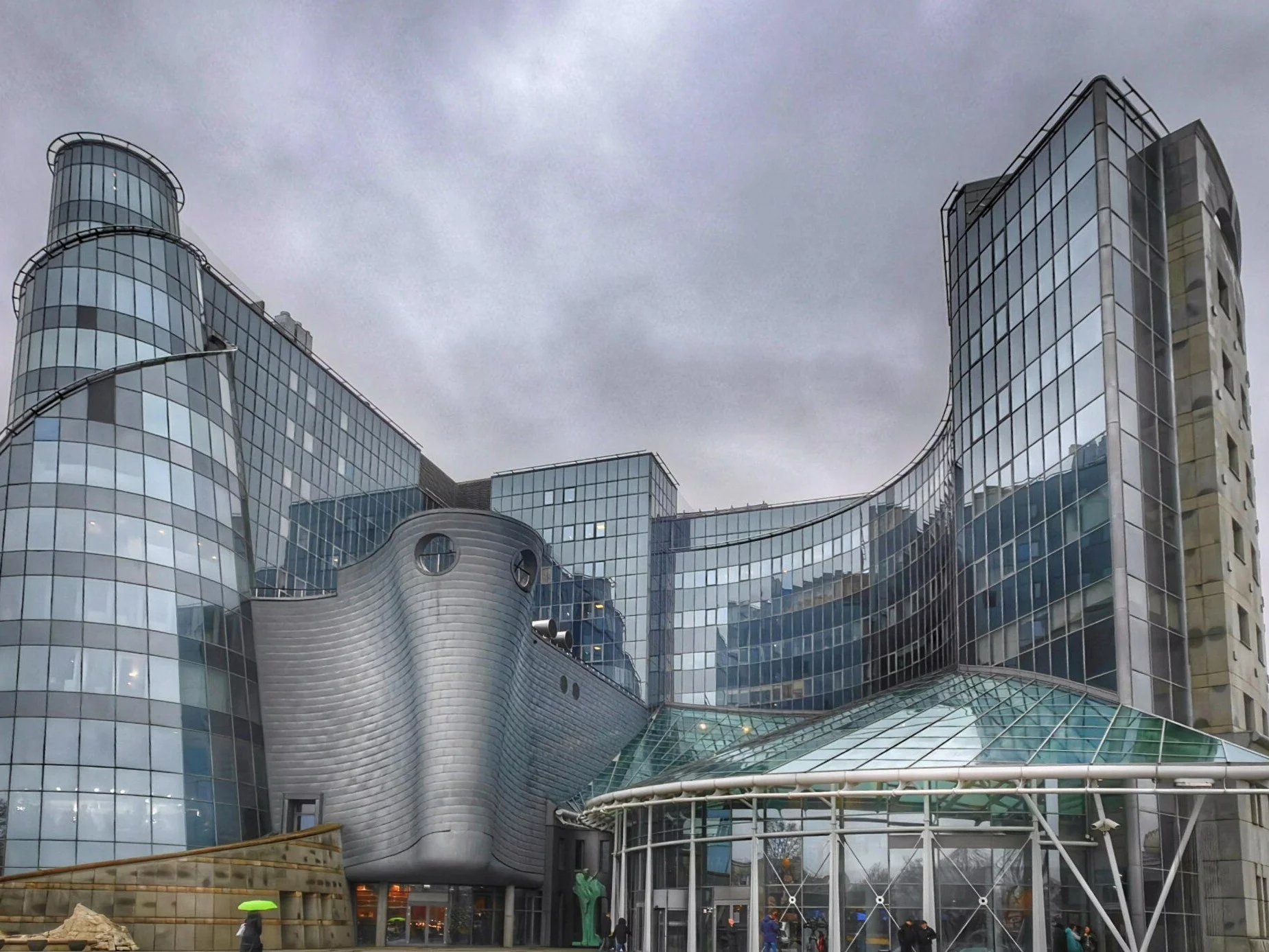


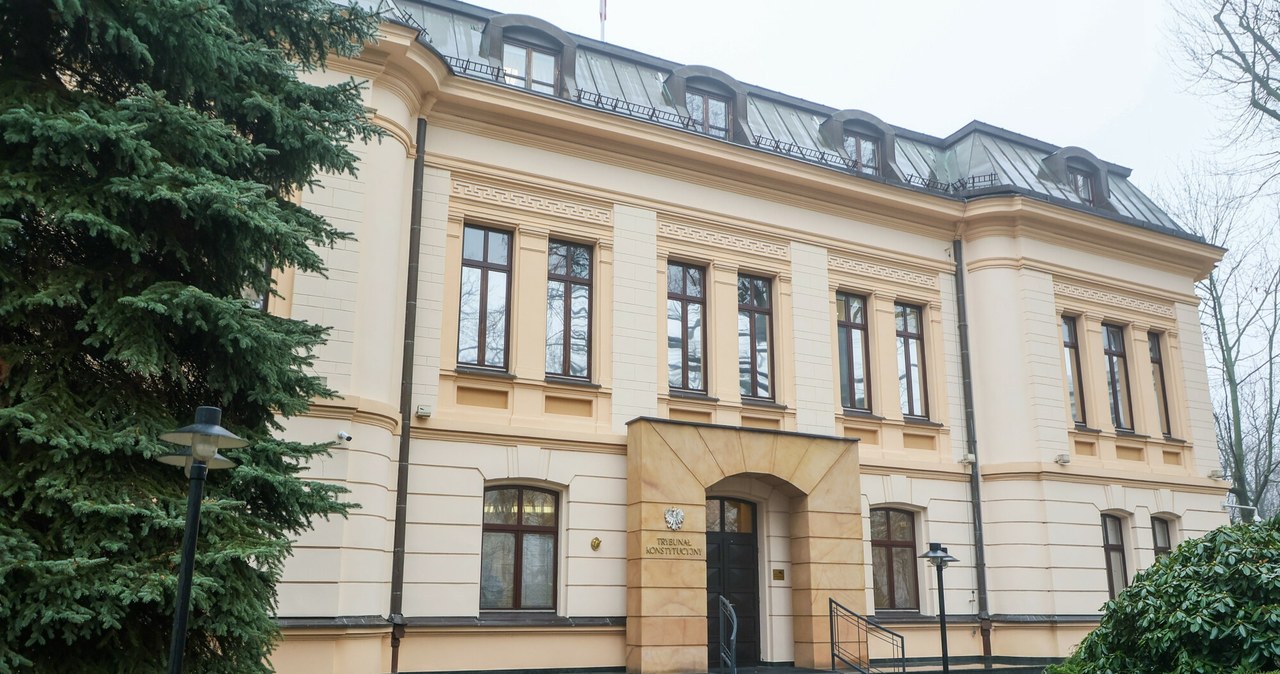
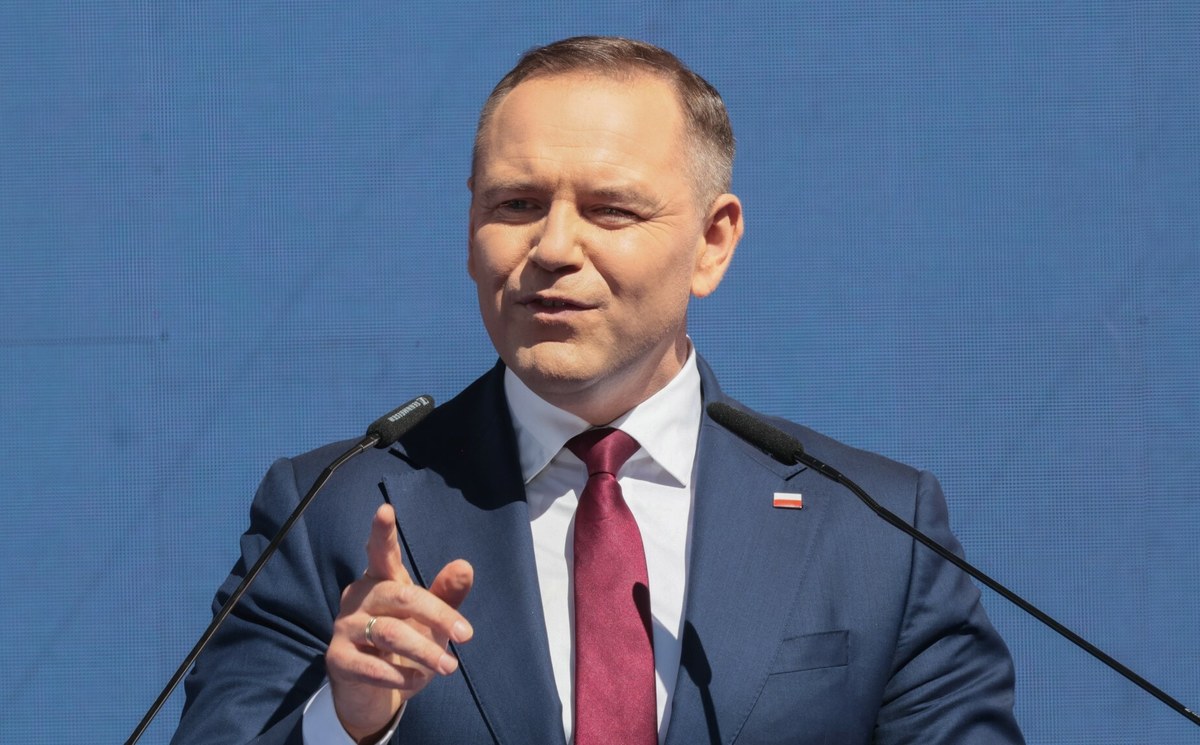
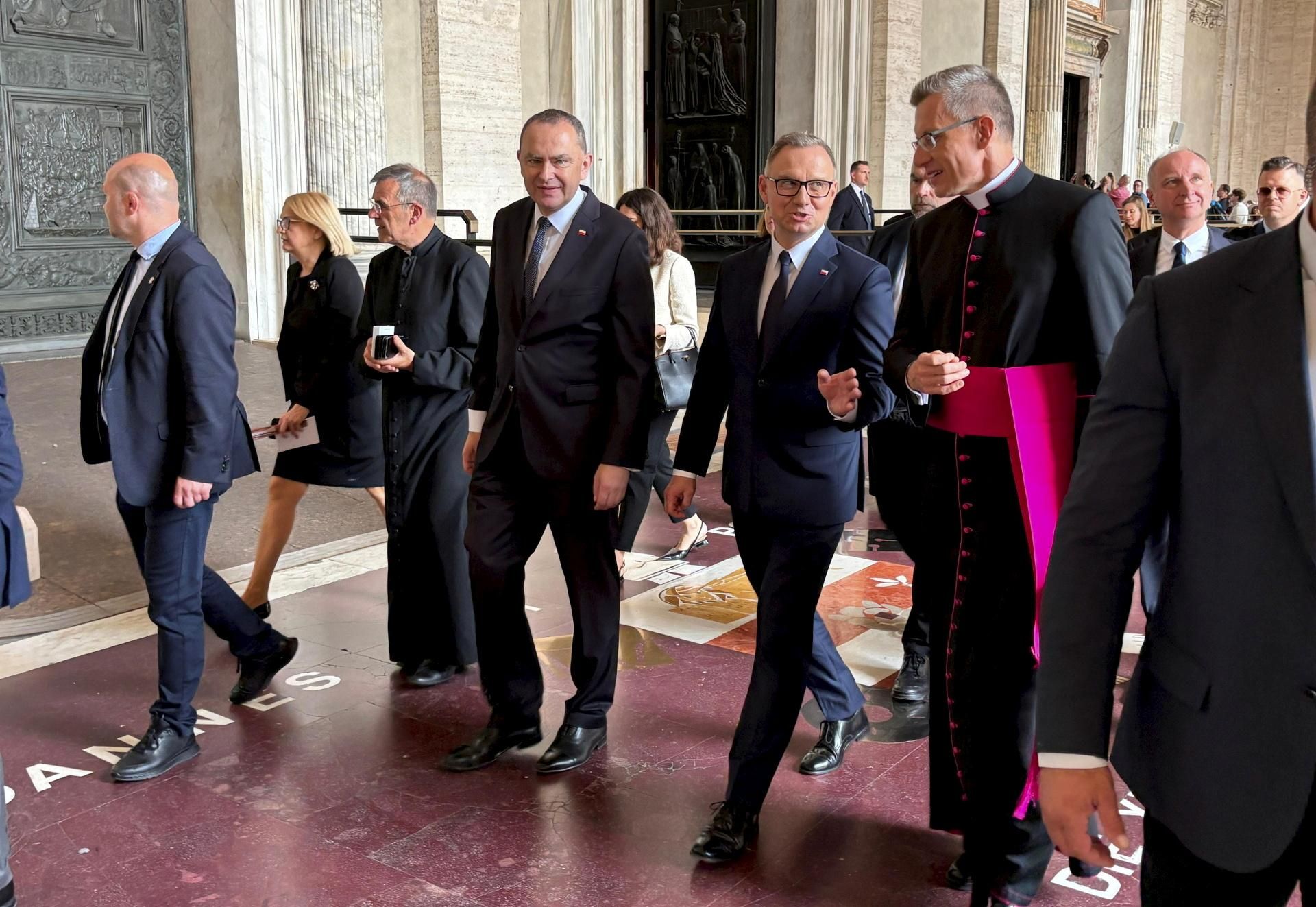

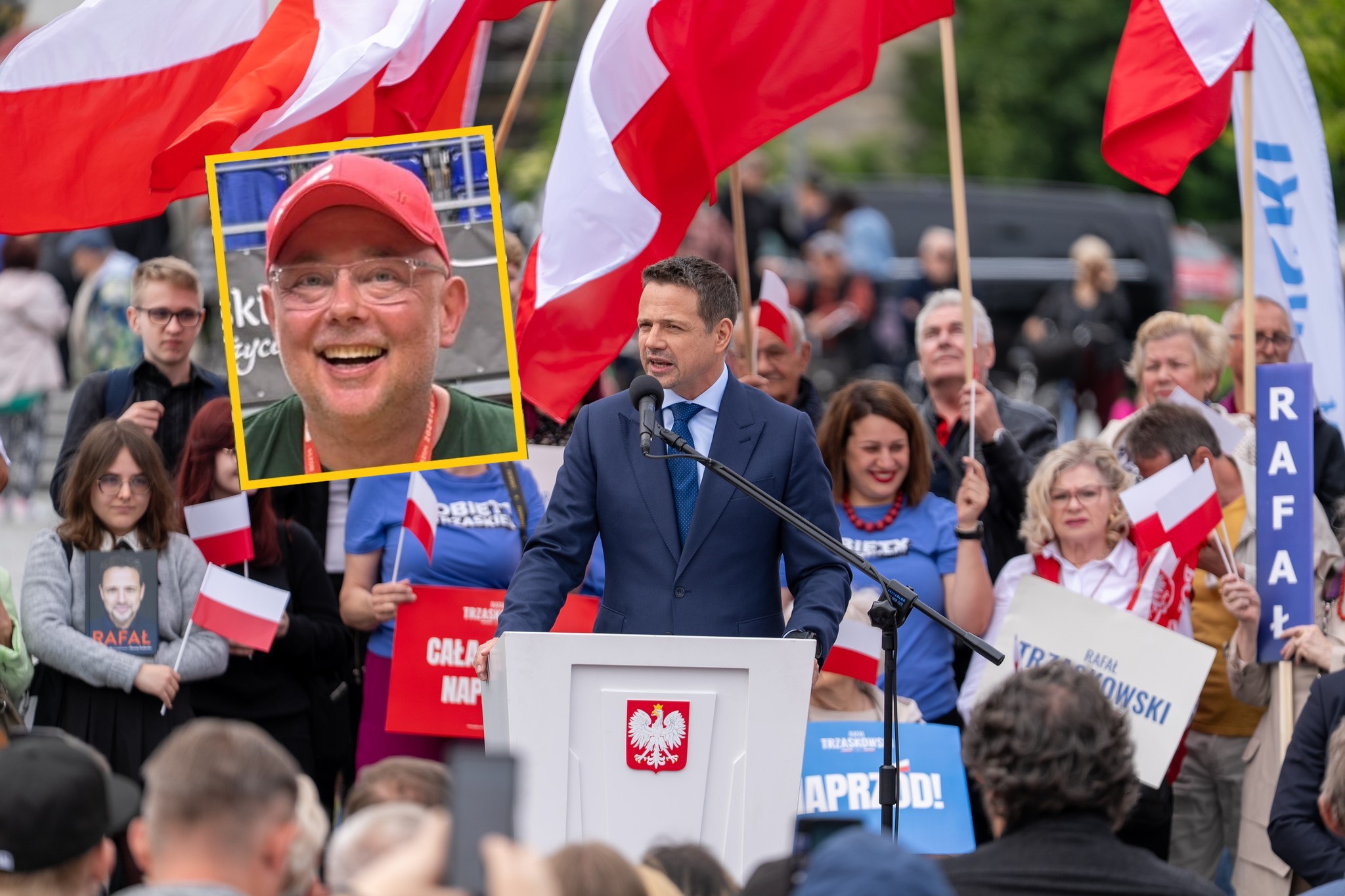
![Olsztyn. Ukradł portfel i balował za cudze? Mężczyzna z nagrania poszukiwany [WIDEO]](https://static.olsztyn.com.pl/static/articles_photos/44/44155/35c0e8c41d7669418df9d0613ef7936a.jpg)


